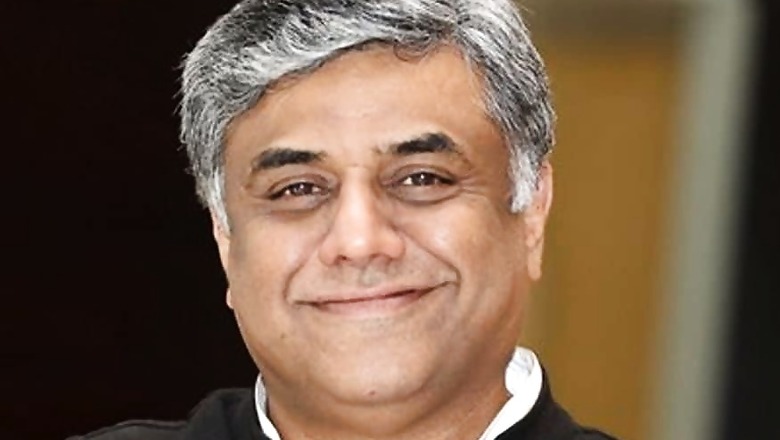
views
New Delhi: The Congress through its manifesto has tried to woo the poorest and the most vulnerable sections of the country. While doing this, the party has also tried to strike a balance between urban and rural concerns. Titled “Hum Nibhayenge”, the 55-page document promises the minimum wage “Nyay” scheme, assurances to combat climate change, a “job revolution”, free school education as well as revocation of the sedition law and dilution of the Armed Forces Special Protection Act (AFSPA).
To understand how the Congress came up with this a-la-carte wish-list with just a week left for the first phase of Lok Sabha polls, News18 spoke to Rajeev Gowda, senior Rajya Sabha member and convener of the party’s manifesto committee.
The last time big-ticket economic reform was introduced by your government, three decades ago, it led to a rise in middle-class and urban spaces that ironically went on to become the BJP's strongholds. Do you have any such concerns this time?
When Dr Manmohan Singh unleashed liberalisation in India, he unleashed entrepreneurial energies, gave India freedom from regulations, and helped bring about tremendous change in our living conditions. Before him, Rajeev Gandhi had come up with the idea of 21st century-India, of computerisation, among other things. Liberalisation in India started from that era. All of these steps helped create the middle class.
During Dr Singh’s first term, the kind of growth that we saw...the ability to put India on the world stage and change the rules of the nuclear game...it was a high risk game for us, for our survival. These are examples of what we achieved that appealed to the same constituency that you are talking about.
It is also true that the middle class was also concerned about the alleged 2G scam. Then, of course, there were anti-corruption movements that affected us directly, and as the Congress president has said, perhaps we grew too arrogant.
I will agree that for some time, the engagement of middle classes has decreased with us a little bit. But they must be seeing what have they got in return [for choosing the BJP]. Have they got tremendous economic growth and opportunities, have they got freer society, have they got peace and harmony? They are all being suppressed. Lynch mobs, violence and intimidation has become normal today. So, all said, I believe that the middle classes will return to us.
The flagship scheme in your list of promises is ‘Nyay’. Given that you and your colleagues have put in a lot of research, are you looking at the poor as a huge constituency in itself? What sort of political dividends are you looking at?
It is true that poverty has no caste, religion or ethnicity. Everyone who is poor needs a helping hand. This is something that is universal. We are rolling out this scheme out of empathy and compassion, not necessarily to get votes.
There are some promises in your manifesto — from reviewing the Armed Forces (Special Powers) Act and the Disturbed Areas Act, to ensuring gender-sensitivity training for the LGBTQIA+ community. What prompted you to include such promises in the agenda?
We have to do the right thing. We can’t let anyone suffer. What's happening in Kashmir right now, in front of our eyes, the kind of alienation that's happening, it is a disaster. Our message to the Kashmiris is that we are with you, let's heal together. That anyone from Kashmir is being beaten up in the rest of the country, these things can't become norms.
J&K, or any other area where AFSPA is enforced, our own people are getting affected. We need to provide them a healing touch, security concerns have to be balanced with human rights. AFSPA cannot be used as a cover for rape and torture.
As far as sedition is concerned, it is an old colonial law, which was used against Mahatma Gandhi, and is being used to suppress journalists. We have other laws like the Defence of India Act and UAPA (Unlawful Activities Prevention Act) that can be enforced in these areas. We cannot let any law prone to misuse stay on in the books.
People who believe in free speech and human dignity will receive our message.
Climate change has made a big entry in the manifesto. Air pollution is going to be referred to as a “National Health Emergency”.
We have to anticipate these problems. Climate change can trigger crises like rising seat water levels, which can in turn cause huge crises like an unprecedented internal migration in the country, or if it affects soil moisture and crop patterns could be disturbed to a great degree.
You saw the havoc caused by unseasonal storms in Kerala. Then you have a case like Delhi, where it does not matter whether you are rich or poor, your life is being affected regardless. What we have proposed requires a concerted effort across various domains and industry. Calling it an emergency is a way of putting it on the table in a manner that gets it the attention it deserves.




















Comments
0 comment